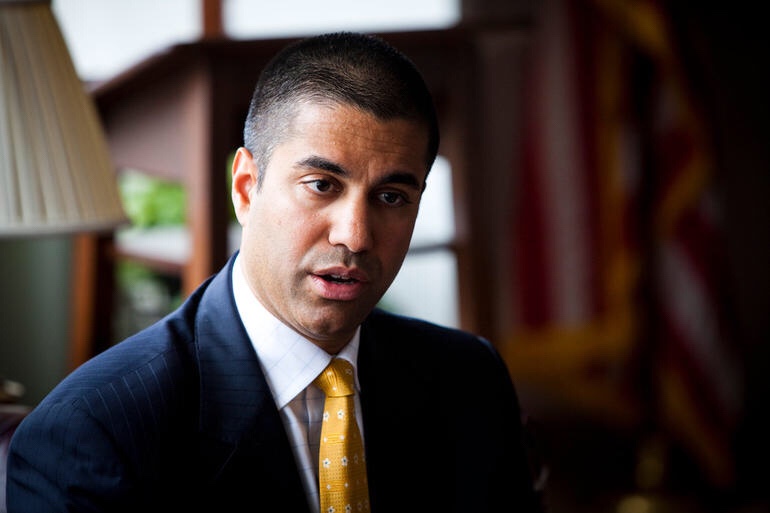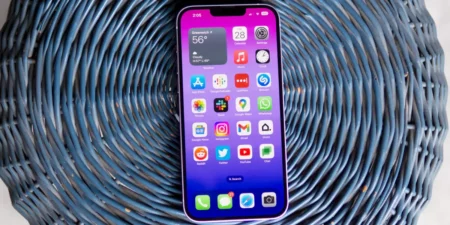Last month, several US Representatives sent a letter to the Government Accountability Office (GAO) asking to investigate the fraudulent comments submitted to the FCC’s proposal to repeal net neutrality.
So far, many groups have found evidence that millions of comments that were submitted during the FCC’s public comment period turned out to be linked to fake email addresses, and were fradulately posted under others’ names and addresses. Not only that, they were even attributed to people known to be dead.
Attorney generals, Congressional leaders and even other FCC commissioners called for the FCC to put a hold on its vote for repeal proposal while the fake comments situation was investigated, but FCC chairman Ajit Pai went ahead with the vote anyway. Ars Technica now reports that GAO has agreed to investigate the fake comments situation.
NEWS: GAO has accepted 10 Democrats’ request for an investigation of the pervasiveness of fraudulent comments made during a federal rule making process. pic.twitter.com/fVlBIxBAVG
— Energy and Commerce Committee (@EnergyCommerce) January 23, 2018
In the letter sent to GAO, US Representatives write, “We understand that the FCC’s rulemaking process requires it to address all comments it receives, regardless of who submits them. However, we do not believe any outside parties should be permitted to generate any comments to any federal governmental entity using information it knows to be false, such as the identities of those submitting the comments.”
In a letter to Representative Frank Pallone Jr., GAO Chair Greg Walden said, “GAO accepts your request as work that is within the scope of its authority.” Along with the request for investigation, members of Congress have asked GAO to see what information FCC has withheld from New York Attorney General Eric Schneiderman’s investigation of the fraudulent comments. In addition, investigate if federal agencies have any controls in place for preventing false comment submissions from going through.
Even though GAO has agreed to investigate fraudulent fake comments, it will be a while before they get around to it. GAO said that it should be able to start its review of the situation in about five months. That’s quite a long time, but at least GAO has agreed to conduct an investigation.





